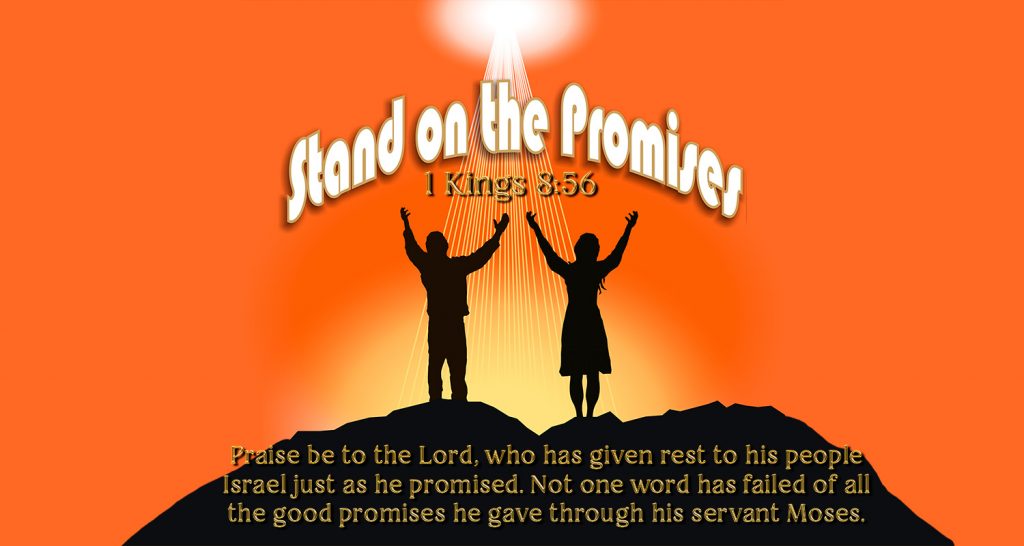And he (Moses) said, “Please, show me Your glory.” . . . And the LORD said, “Here is a place by Me, and you shall stand on the rock. “So it shall be, while My glory passes by, that I will put you in the cleft of the rock, and will cover you with My hand while I pass by. Exodus 33: 18, 21, 22
Dear Heavenly Parent, please hear us as we call upon You, and answer our petitions according to Your wisdom. This we ask in the precious name of Jesus the Christ. Amen.
Have you ever wondered why it was so important to Moses that he see God’s glory? Have you ever wanted to see God’s glory? Or perhaps you have imagined what His glory might look like. Whatever your answer to these questions, let us take a few minutes to look at how Scripture actually describes or defines God’s glory and the effect it has on those who behold it.
The word used in our text today is the Hebrew word kabowd. It can also be translated majesty, honour, wealth. All of these terms denote greatness of some kind. Could it be that Moses wanted to see the greatness of God because he realized the enormity of the task ahead of him? When people see the glory of God I believe that something happens within them that their lives are never the same again. They become empowered to work for God, yet humble in their own eyes! We catch a glimpse of God’s greatness in the personal manner in which He deals with each person. We see His greatness in the way He customizes our trials, and holds the thermostat in His hand, so that no tribulation becomes too hot to bear.
What caught my attention was the answer that God gave to Moses in response to his request to see His glory. God said “I will make all My goodness pass before you, and I will proclaim the name of the LORD before you” (19). Obviously God’s goodness is the expression of His glory; and His name is glorified by the manifestation of His goodness (Jeremiah 14: 21).
Moses’ life would undergo many transformations after God showed him His glory. He would go from murderer (Exodus 2: 11, 12) to become known as the meekest among men (Numbers 12: 3).
Some others whose lives were changed by beholding God’s glory were Isaiah (Isaiah 6: 1-5), and Job (Job 42: 5, 6). Note the identical reaction of these two men, the Prophet and the Patriarch after seeing the glory of the Lord:
I wonder how the Prophet saw himself prior to this vision. Nonetheless, how wonderful that after the vision of God’s glory he saw himself as he really was, as all of us are, “undone“, but for the grace of God! Now he was fit for service and he recognized it: “Here am I [usable]; send me.” Praise God!
The Patriarch, no doubt, saw himself undeserving of his hardships (Job 31). The truth be told, he was not being punished for any wrong he had done. Even God himself referred to him as “perfect”, “upright”, “one that fear God”, and walks away from evil (1: 8). That, of course did not change the fact that “all have sinned and come short of the glory of God” (Romans 3: 23); and that “the wages of sin is death” (6: 23). However, when Job saw the glory of the Lord He too saw himself as he really was, and said, “I abhor myself, and repent in dust and ashes.”
Now Moses’ transformation is not too hard to imagine. Going from someone who was in dire need of anger management to one who became so “meek above all the men” that he did not throw a tantrum when he was told he would not enter the earthly Canaan. Instead he meekly went up to the top of Mount Nebo and died. God Himself buried him (Deuteronomy 34: 1-6); and then took him to heaven (Mark 9: 2-4)!
Tomorrow we will talk about another aspect of God’s glory.
